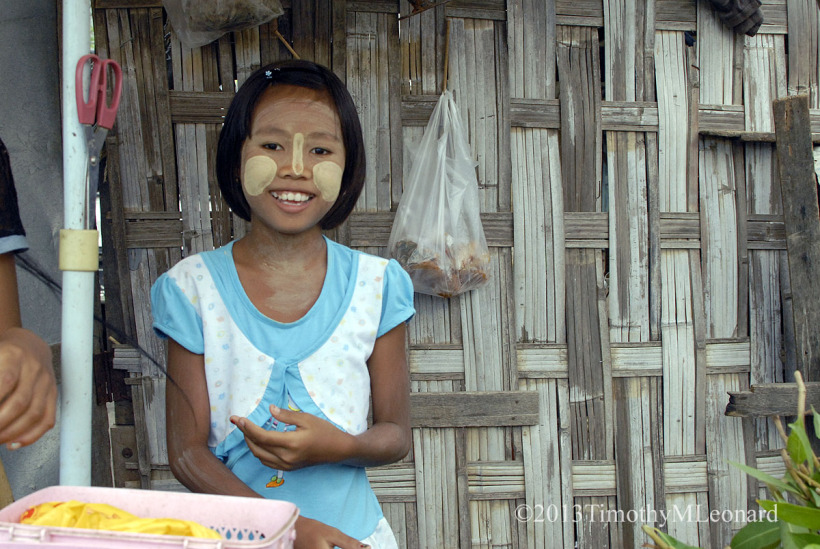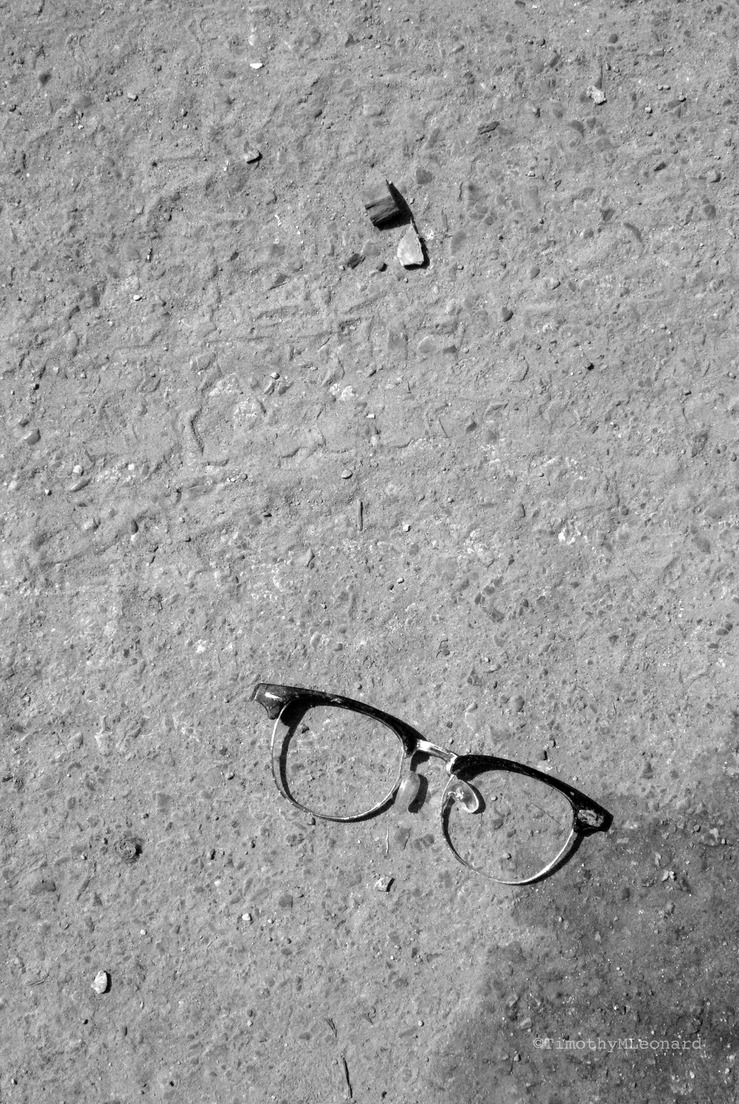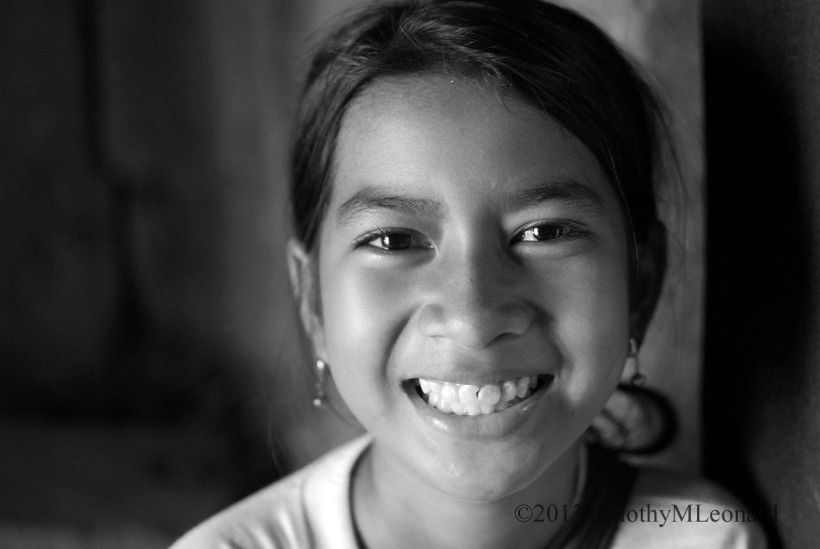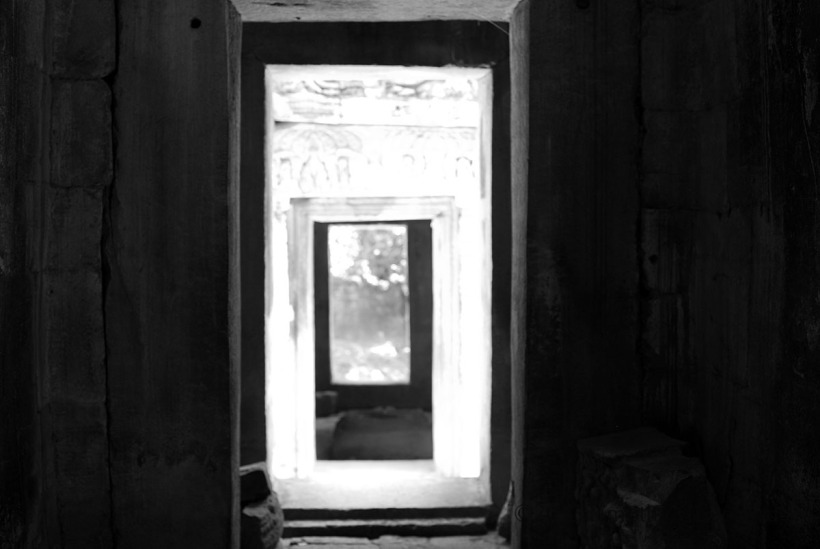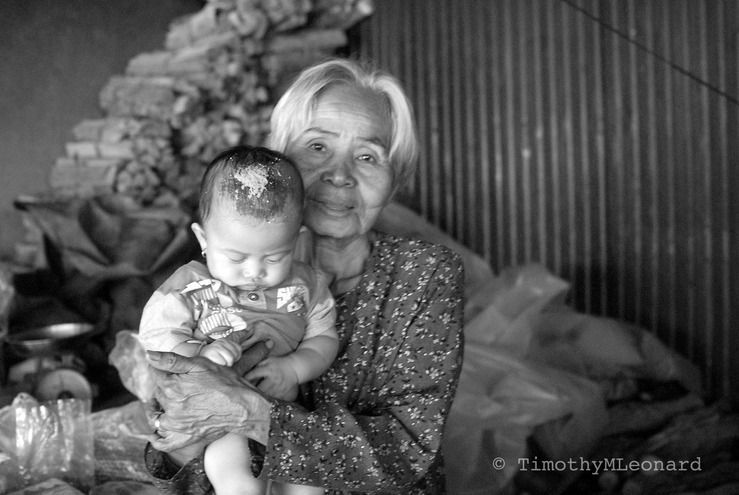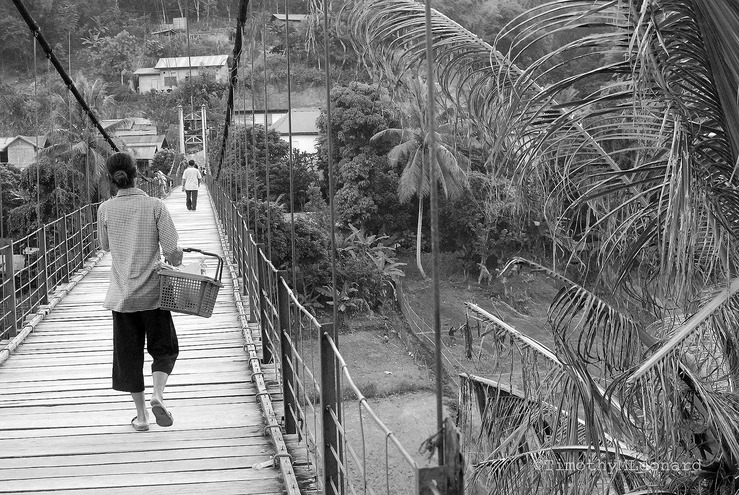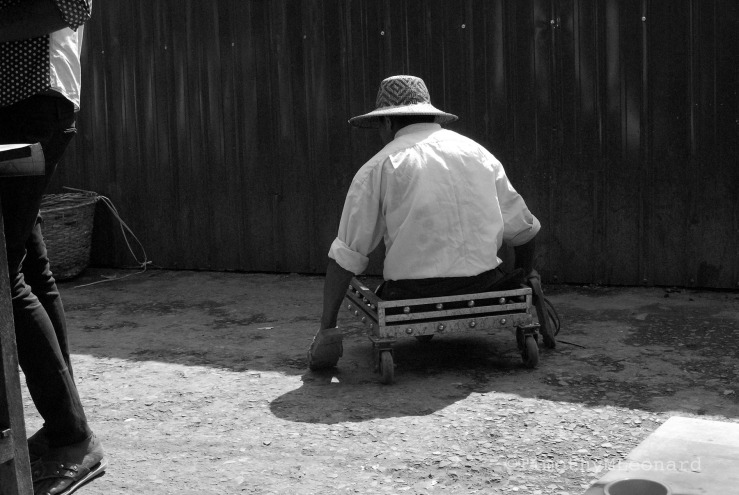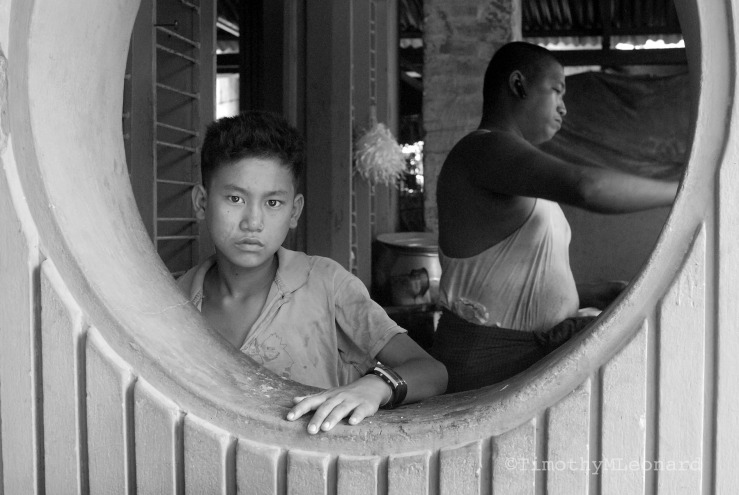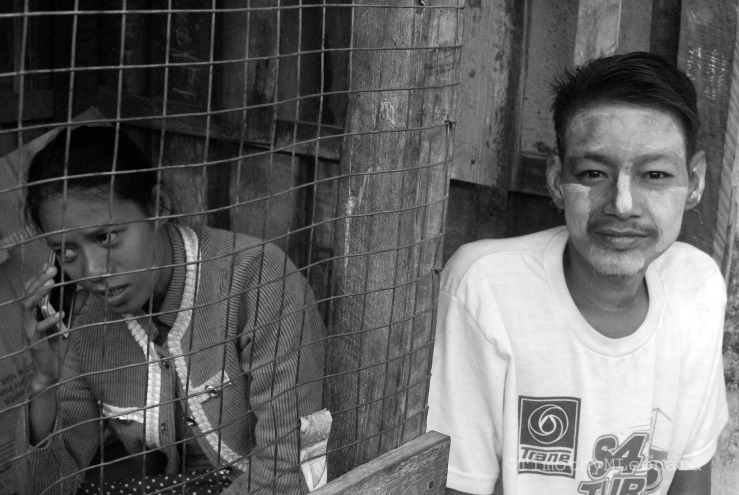Omar's Daughter
Omar remembered his daughter in Cadiz.
Faith worked at Mandarin Duck selling paper and writing instruments. She practiced a calm stationary way.
“May I help you,” she said one morning, greeting a bearded forcestero. Their eyes connected loneliness minus words. She averted her eyes. He was looking for pain free intimacy and ink.
“I’d like a refill for this,” he said, unscrewing a purple cloud-writing instrument with a white peak.
Recognizing the Swiss rollerball writing tool she opened a cabinet filled with boxes of cartridges.
“Fine or medium?”
“Hmm, lets try both.”
“One box of each?” she said.
“Yes please. I don’t want to run dry in the middle of a simple true sentence.”
“I agree. There’s nothing more challenging than running empty while taking a line for a walk,” she said.
“Isn’t that the truth? Why run when you can walk? Are you a writer?”
“Isn’t everyone? I love writing, sketching, painting, drawing, watercolors moistly,” she said.
“Moistly?”
“I wet the paper first. It saturate colors with natural vibrancy,” she said.
“With tears of joy or tears of sadness?”
“Depends on the sensation and the intensity of my feeling. What’s the difference? Tears are still tears in the rain. The heart is a lonely courageous hunter.”
I twirled a peacock feather. Remembering Omar’s Mont Blanc 149 piston-fountain pen, I said, “I also need a bottle of ink.”
“We have Black, Midnight Blue, and Cornflower Silk Red. British Racing Green just came in.”
“Racing Green. Sounds fast. Let’s try it.” Omar would be pleased with this expedient color.
I switched subjects to seduce her with my silver tongue.
“Are you free after work? Perhaps we might have a drink and some tapas? Perhaps a little mango tango?”
“I have other plans. I am not sexually repressed. I am liberated. I have a secret blind lover. He peels my skin to enjoy the fruit. Here you are,” handing me cartridge boxes and a bottle of green ink with a white mountain.
I paid with a handful of tears and a rose thorn. My ink stained fingers touched fine and extra fine points of light.
Faith and her extramarital merchandise were thin and beautiful. She was curious.
“If you don’t mind my asking,” she said. “How old are you?”
“Older than yesterday and younger than tomorrow.”
“I see.”
“It was nice meeting you,” I said. “By the way, have you seen the film, Pan’s Labyrinth, from 2006, written and directed by Guillermo Del Toro?”
“Are you crazy or what? 2006 is five years from now. How could you know about it?”
“I live in the future. It’s about your Civil War from 1936-1939, repression and a young girl’s fantasy. It’s a beautiful film on many levels. It reminded me of Alice in Wonderland.”
“Wow,” she said, “I loved that film, especially when Alice meets the Mad Hatter. Poor rabbit, always in a hurry, looking at his watch.”
“Funny you should mention time. A watch plays a small yet significant role in the Pan film.”
“Really? How ironic. I’ll see it in the future.”
“Yes you will. The future memory will inspire your spirit, art and life.”
I pulled out my Swizz Whizz Army stainless steel water resistant Victoria Abnoxious pocket watch, laughing.
“My, look at the tick-tock. Got to walk. Thanks for the ink. Create with passion.” I disappeared.
Faith sang a lonely echo. “Thanks. Enjoy your word pearls. Safe travels.”
Sitting on a park bench under a Banyan tree I fed cartridges into a mirror, clicked off the safety and turned a page.
It was a musical manifesto with a touch of razzamatazz jazz featuring Coltrane, Miles, Monk, Mingus and Getz to the verb.
Adventure, Risk, Transformation - A Memoir
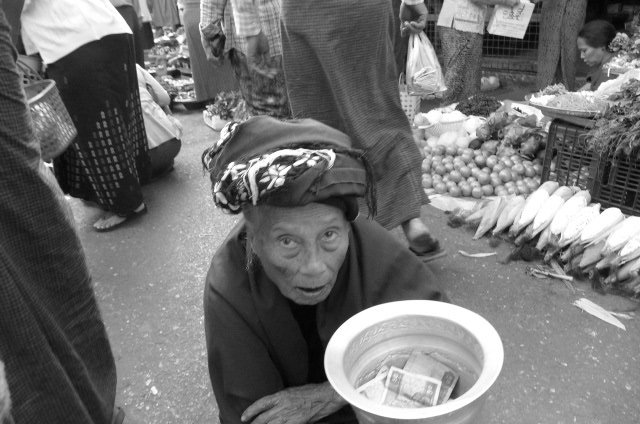
Burma, 2015






 Share Article
Share Article 